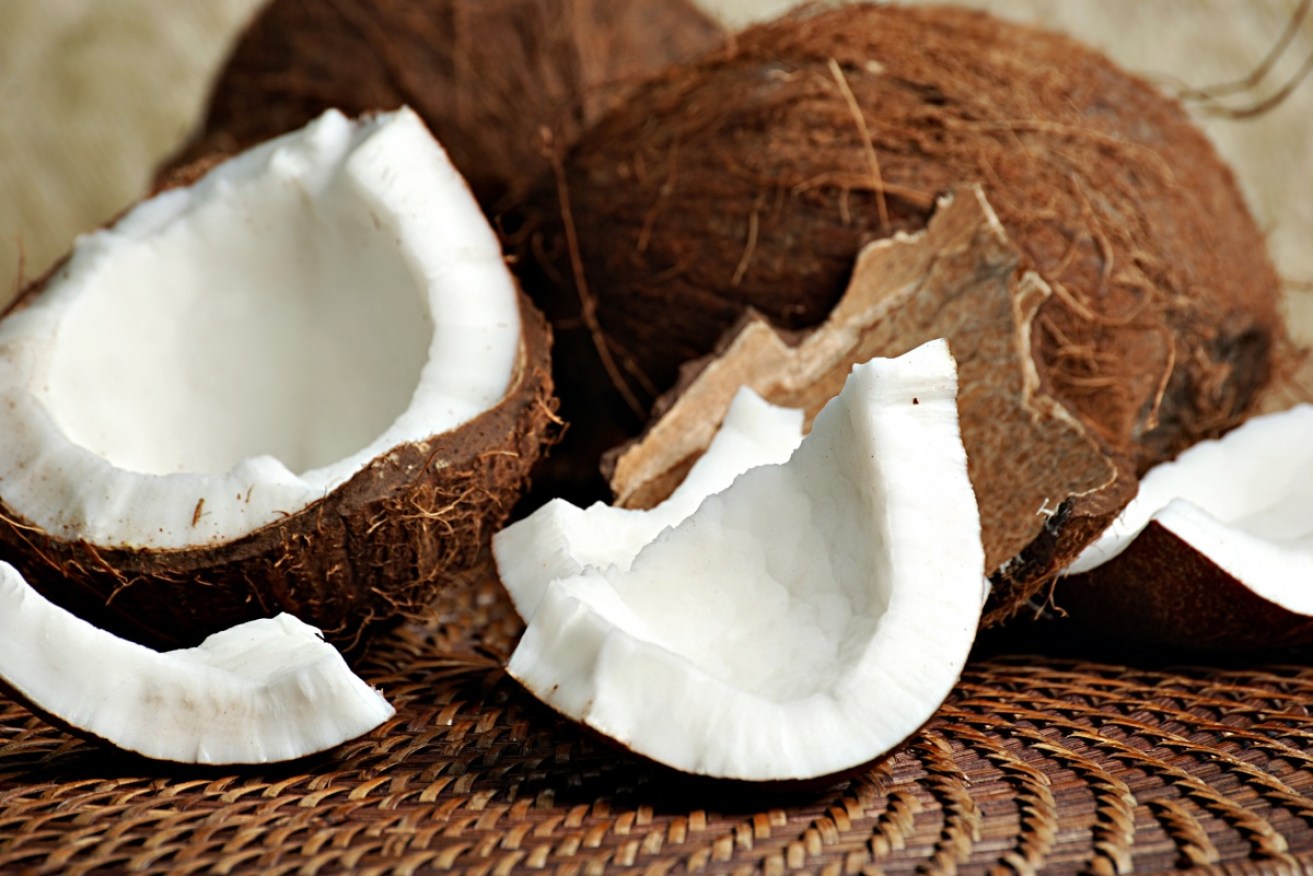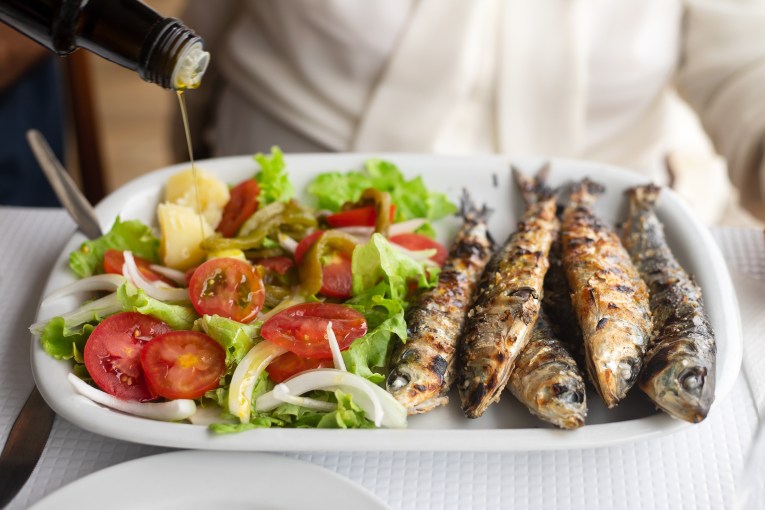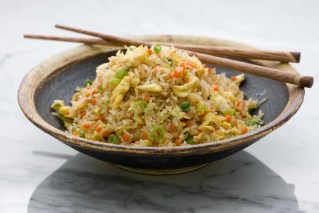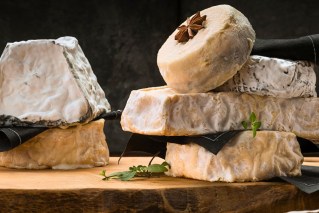The truth about so-called ‘superfood’ coconut oil


Coconut oil is not as healthy as it might appear to be. Photo: Getty
Coconut oil contains more than five times the saturated fat of olive oil and is not the superfood it is purported to be, leading nutrition and dietetics experts say.
But there is no need to dismiss coconut oil entirely, as it is not necessarily harmful when consumed in moderation.
Earlier this week, a study published by the American Heart Association (AHA) prompted extensive media coverage demonising coconut oil consumption – “Coconut oil is bad for you”, “Coconut oil is out” were among some of the definitive headlines.
The American study found that 82 per cent of fat in coconut oil is saturated – commonly found to heighten “bad” LDL cholesterol – compared with 63 per cent in butter, 50 per cent in beef fat and 39 per cent in pork lard.
Olive oil contains 14 per cent saturated fat, while canola and safflower oil each have just 7 per cent.
Experts say these findings are nothing new – in fact, an Australian study, conducted by the University of Queensland, debunked popular myths about coconut oil lowering cholesterol or preventing heart disease in 2013.
Yet more than 72 per cent of those surveyed in the 2017 AHA study said they believe coconut oil is a “healthy food” compared with 37 per cent of nutritionists.
This disparity was attributed to the marketing hype around coconut oil which continues to often be classified as a “superfood”.
But is there any truth to these claims?

About 82 per cent of fat in coconut oil is saturated. Photo: Getty
Nutrition Plus accredited practicing dietitian Melanie McGrice told The New Daily that all research had essentially drawn the same conclusion.
“Coconut oil isn’t necessarily bad for us, but it’s not good for us either,” she said.
“It’s not going to magically improve our cholesterol, heart disease or weight as some seem to claim, and there may be better choices of oil, but it’s not as bad for us as we once thought.”
University of South Australia nutrition professor Peter Clifton said coconut oil would only have a negative impact on health if consumed in excess.
“Most people use coconut oil when they cook and mostly the amounts are small and intermittent so not likely to be a problem,” he said.
“You would need to be having about 20 to 40 millilitres each day for it to be harmful. If we used coconut oil like butter, for example, that would be a problem, but I suspect most people don’t do that.”
Ms McGrice said that while some research promotes consumption of coconut oil due to it increasing ‘good’ protective HDL cholesterol, it ignores the fact that it simultaneously raises ‘bad’ LDL cholesterol levels.
“One of the main benefits … is that oils, such as coconut oil, rich in laurate, appear to have a slightly reduced impact on weight gain compared to other oils.”
There are many strong voices in the industry who recommend the use of oils such as olive and canola oil over coconut oil.
Professor Clifton went as far as to say that he believes coconut oil has no health benefits.
“Not a scrap,” he said.
“It’s a purely invented claim. There’s no reason why coconut oil should be healthy.”
University of Sydney associate professor David Sullivan, with an interest in nutrition and cardiovascular disease prevention, told The New Daily the commonly-held belief that coconut oil was a healthier option was the result of “marketing and media manipulation rather than science”.
He said that while there may be some benefit to satiety (or fullness) and metabolism, it seemed to be “heavily outweighed” by the detrimental effect of the high saturated-fat content.
Nutritionist and dietician Dr Rosemary Stanton said myths around coconut oil partly originated from studies dating back to the 1950s and 1960s of people in Samoa and the Cook Islands whose major source of fat came from coconuts and yet they had low levels of heart disease.
“[But] the people in these areas were not overweight, and the rest of their diet consisted almost totally of fish, octopus, bananas and breadfruit or taro. They had few processed foods and very little sugar,” Dr Stanton said.
“These days, coconut remains a major food in these areas but both areas rate as absolutely top of the world for obesity. Their diet now has lots of other processed junk food.”








